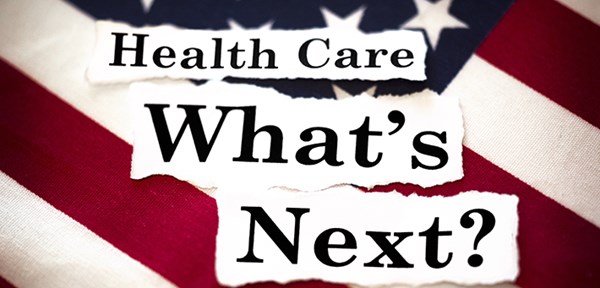The U.S. House of Representatives on May 4 narrowly passed the American Health Care Act (AHCA), HR 1628, after tabling the bill in March following a lack of party support.
After its first iteration, which the Congressional Budget Office (CBO) originally estimated would cause 24 million people to lose insurance and would lead Medicaid to lose $880 billion, the CBO has not had time to re-score.
However, health care organization from a wide range of specialties strongly oppose the legislation, including ACEP, which publicly opposed the bill because it could cut coverage for emergency services (among myriad other concerns).
HR 1628 now moves to the Senate, where Republicans are expected to make many changes. Here are a few things to know about the House plan:
Individual insurance: Low-income tax subsidies to buy health insurance are replaced with lower value refundable tax credits of $2,000-$4,000 (based on age) that could leave older, more rural Americans with higher bills.
Coverage: States can waive ACA-instituted Essential Health Benefits (coverage for emergency services, substance abuse, mental health, maternity care). They can also deny coverage for some pre-existing health conditions.
Pre-existing conditions: The amended bill drops price protections for pre-existing conditions, allowing states to allow insurers to charge more based on health status if there is ever a 63-day lapse in coverage, a provision that is estimated to leave 30 million exposed to the higher premiums.
Medicaid: The AHCA halts Medicaid expansion to any new states and eliminates the federal match for Medicaid enrollees who became eligible under ACA (14 million people) if they ever make enough money to become ineligible for Medicaid. It also converts Medicaid into a per-capita allotment or block grant, which severely limits states' ability to afford Medicaid, especially poorer states.
Public health: HR 1628 would repeal the ACA Prevention and Public Health Fund, which was created to fund prevention and public health programs.
Alternative funding: Experts anticipate that new funds to correct the insurance losses created by HR 1628 will not cover anticipated costs. This includes $100 billion for State Innovation Waivers; $15 billion for the AHCA's Patient and State Stability Fund program (a federal “invisible risk sharing,” or reinsurance, program); $15 billion for maternity coverage and newborn care, as well as mental health and substance use disorders; $8 billion available to help states establish high-risk pools.
Be the first to know about EM specific political news – sign up for ACEP's 911 Network.



